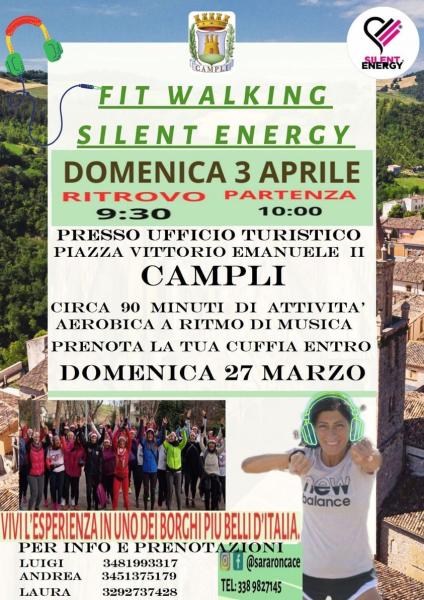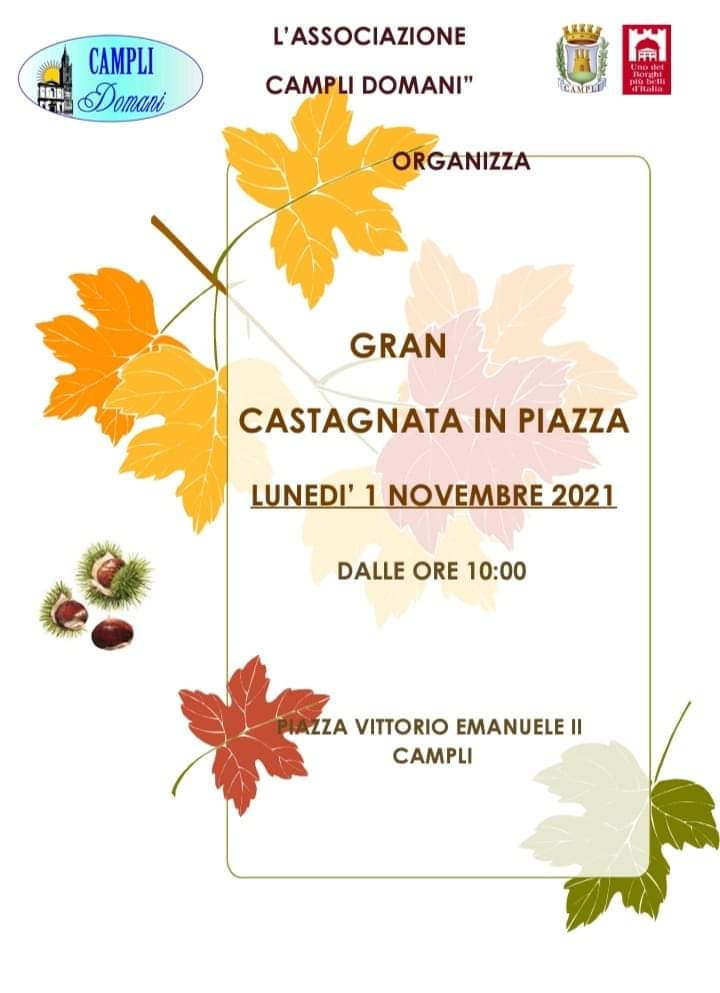Tradition and spirituality
The Miracle of the Immaculate Conception and the Novena of 8 December
Since 1764 the Immaculate Conception has been "Protector, Advocate, Lady and Patroness of Campli" together with San Pancrazio martyr. This devotion originates from the thanksgiving vow of 1764, when the Blessed Virgin Mary freed the city from a violent typhus epidemic. The miracle, recalled by the historians Niccola Palma and Francesco Rozzi, took place during a solemn procession on July 8, 1764, when the citizens of Campli, in desperation, carried the statue of the Immaculate Conception to the entrance of the city and ask the Virgin for help, to whom the keys of the city were entrusted with an official petition, documented by a notarial deed still preserved today. Following that prodigious event in Campli every year a solemn feast is held on the third Sunday of September and, in the Cathedral of Santa Maria in Platea, thanks are given to the Blessed Virgin with a twelve-day Novena from 27 November to 8 December, feast of the Immaculate Conception, which is celebrated every morning before dawn.
Saint Pancrazio Martyr
San Pancrazio Martyr is co-patron of Campli together with the Immaculate Conception. The cult in the Farnese town was established in 1700 by the bishop of the diocese of Campli-Ortona Giovanni Vespoli Casanatte, who had particular veneration for this important martyr. Through his uncle Cardinal Girolamo Casanatte he obtained the relics of the saint which he enclosed in a silver bust and donated to the chapter of Campli in 1716. The feast of San Pancrazio is celebrated on 12 May with a solemn procession.
The Good Friday Procession
One of the most felt traditions by the people of Campli is the Good Friday procession, which takes place in the evening. The rite is linked to the presence of the Scala Santa (the Holy Stairway) with the possibility of obtaining a plenary indulgence thanks to the pontifical privilege granted by Pope Clement XIV in 1772, renewed by John Paul II in 2002. The procession, in which the city confraternities and groups take part of figures, takes place according to a particular rite: the statue of “Our Lady of Sorrows”, escorted by the "pious women" and the band complex, comes out of the church of Saint Paolo, adjacent to the Sanctuary of the Scala Santa, in search of the Dead Christ.
The ancient Sunday market
From two "instruments", respectively of 1293 and 1296, both cited by the historian Niccola Palma, we know that Campli enjoyed the privilege of the weekly market, which took place on Thursdays and, subsequently, on Sundays. Even today the weekly market takes place on Sundays. In addition to the characteristic stalls, those who visit the market can admire the squares and arcaded buildings of medieval origin, which testify to the commercial importance that the village has had in past centuries.
Game of Cucù
In Campli it is traditional to play “Cucù” at home with friends and relatives and take part in the World Cucù Championship which always takes place during the Christmas holidays in the premises of the historic city center. The "Cucco" is therefore one of the few games that resists both in the form of a set of rules, and in the form of a particular pack of cards, in which numbers, and especially figures, can give meaning to those rules. According to the "Statuti of Bologna" (1245-1267) this ancient card game is compared to the game of Discontent, which is in fact a variant played with ordinary cards. Today the Cucù, albeit with different rules, is widespread in some areas of Denmark, in the Bergamo valleys and in the district of Campli and Montorio al Vomano.
The municipal band
Among the historical traditions of the Farnese town, the “City of Campli Band Concert”, reconstituted after about a musical year, is an integrated part of almost two centuries of Camplese life and is one of the first forms of associationism in the country. Created following a council resolution of 9 October 1862, it has often been directed by illustrious masters, such as: Antellini, Centofanti, Goggi, and Iodice. It currently consists of 25 elements, almost all local.





